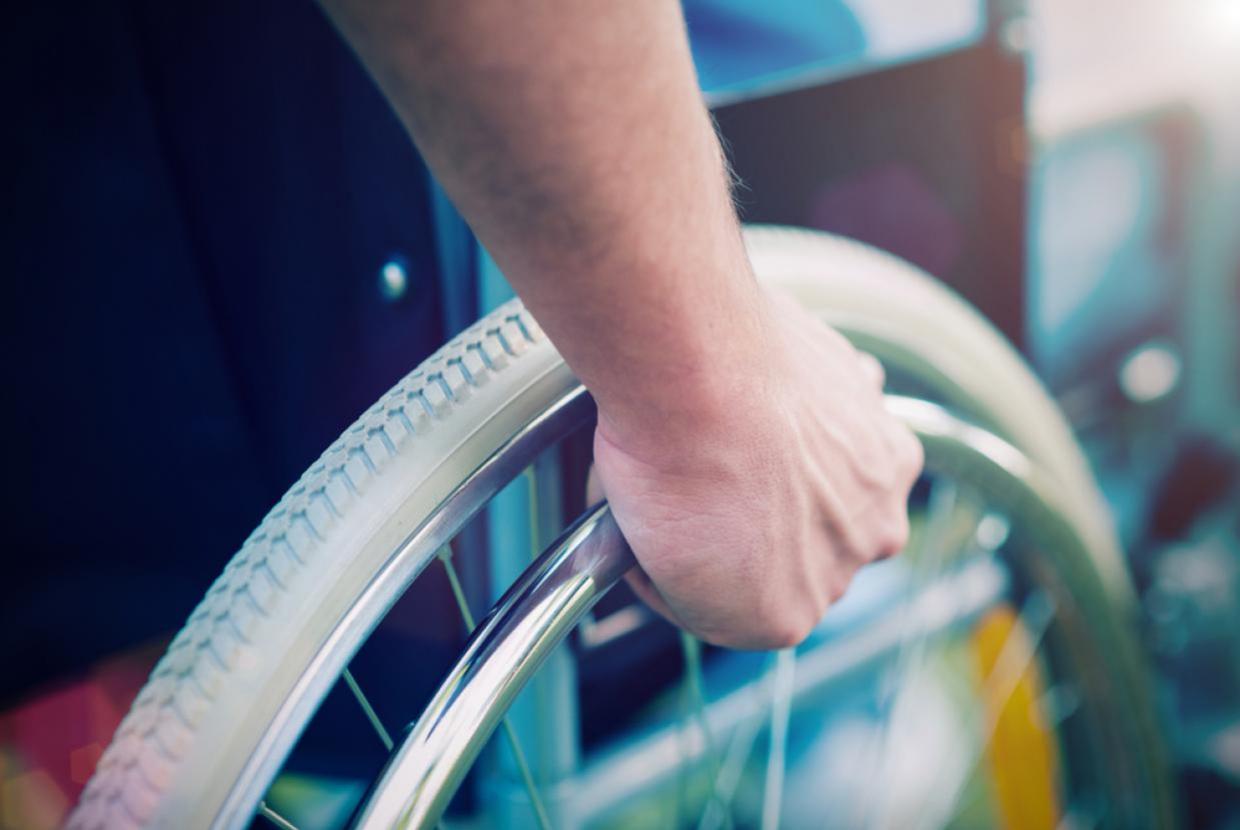Benefits You Can Claim As A Carer
If you’re a carer, there’s financial support out there to help you. Find out what’s available and how to apply.
Carer’s Allowance
In 2025/26, Carer’s Allowance is £83.30 a week.
You might be able to claim it if you:
- spend at least 35 hours a week caring for someone
- are aged 16 or over
- aren’t in full-time education or studying for 21 hours a week or more
- earn £196 (2025/26) a week or less after tax, National Insurance and expenses (£10,192 a year).
The person you’re caring for must also be getting a benefit because of their illness or disability. For example, they must be getting:
- Attendance Allowance
- Personal Independence Payment (either rate of the daily living component)
- Armed Forces Independence Payment.
See GOV.UK for a full list of the benefits the person you care for might be getting.
Carer’s Allowance is taxable. But you’ll only have to pay tax if:
- you have other sources of taxable income, such as occupational or personal pensions or part-time earnings, and
- if this combined income takes you over the threshold for paying tax – £12,570 a year in 2025/26.
Carer’s Allowance on its own is currently below this threshold.
How does Carer's Allowance affect other benefits?
Carer’s Allowance can affect other benefits you might be already getting – so you might be paid less in another benefit.
It will count as income if you’re getting Universal Credit. But you might also qualify for extra Universal Credit because you’re a carer.
It can also affect the benefits of the person you’re caring for. For example, if they’re getting Severe Disability Premium – this might stop if you claim Carer’s Allowance.
Making sure your earnings stay under the threshold
If your average weekly take home pay is more than £196 (2025/26) after deductions, you’ll no longer be entitled to Carer’s Allowance.
HMRC now give up-to-date information about earnings to the Department for Work and Pensions (DWP).
If you earn more than this in any given week, it’s important to tell the DWP. If you don’t, you’ll be asked to pay back the amount you were overpaid.
If your earnings vary from week to week, it’s important to let the DWP know. This is so they can average out your earnings so you stay under the limit.
You can report changes using the carer’s allowance service on GOV.UK, or you can contact the Carer’s Allowance Unit on GOV.UK, as well as finding more about carer's allowance on the Low Incomes Tax Reform Group site.
You can’t usually get Carer’s Allowance if you’re already claiming State Pension or certain income-replacing benefits such as, New Style Employment and Support Allowance.
However, it’s still worth making a claim even though you won’t get Carer’s Allowance itself. Just being eligible might entitle you to top-up income for other benefits you get. This is called having an ‘underlying entitlement’ to Carer’s Allowance.
Your local Jobcentre Plus – or Jobs and Benefits Office in Northern Ireland – will be able to tell you which benefits to apply for. Or you can contact your local Citizens Advice.
There’s more information about Carer’s Allowance on these websites:
- find out more about Carer’s Allowance on GOV.UK.
- watch a video and find examples of how Carer’s Allowance works on Carers UK.
- use our Benefits calculator.
Carer’s Credit
Carer’s Credit is a National Insurance credit that fills up gaps in your National Insurance record. It helps towards your State Pension while you’re not making any contributions because of your caring role.
You might be able to get Carer’s Credit if:
- you’re aged 16 or over
- you’re not yet getting State Pension
- you don’t qualify for Carer’s Allowance
- you spend at least 20 hours a week caring for someone
- the person you’re looking after gets a benefit because of their illness or disability. For example:
- Disability Living Allowance - middle or highest rate of the care component
- Attendance Allowance.
- Constant Attendance Allowance
- Personal Independence Payment daily living part
- Armed Forces Independence Payment
- Child Disability Payment (CDP) middle or highest rate of the care component.
See GOV.UK for a full list of the benefits the person you care for might be getting.
If the person you’re caring for doesn’t get one of these benefits, you might still be able to claim by completing a ‘Care Certificate’.
Carer Premium
You might be entitled to an additional Carer Premium of up to £46.40 (2025/26) a week if you already get:
- Universal Credit – and get the ‘carer element’
- Pension Credit – and get the ‘carer addition’.
Ask about the Carer Premium at your local Jobcentre Plus or Jobs and Benefits Office. However, if you qualify, the payment will usually be added automatically.
If you’re entitled to Carer Premium you might also be able to use it to support a claim for a Council Tax discount. Find out more in our guide Benefits to help with your disability or care needs.
Pension Credit
This is a benefit you can get if you’ve reached State Pension age. It’s designed to top up your income in retirement. If you live with a partner, you’ll only be able to claim Pension Credit if you’ve both reached State Pension age.
Local welfare assistance
If you have an unexpected and urgent financial need and you’re getting certain benefits or are on a very low income, you might be able to get local help. This is called local welfare assistance.
Other benefits you might be able to claim
As a carer, there are other benefits and support you might qualify for.
Universal Credit
If you have a low income – whether or not you’re working – Universal Credit can give you extra money to live on.
If you’re caring for a severely disabled person for at least 35 hours a week, you might qualify for the carer element of Universal Credit.
Find out more about the carer element and how much you might get in our guide How much is Universal Credit?
Universal Credit works differently in Northern Ireland. Find out more on nidirect.
Help with housing costs
If you’re renting, you might get help with your housing costs through the Housing Costs element of Universal Credit (or Housing Benefit if you're over State Pension age).
If you’re a homeowner, you can get help with your mortgage interest payments through Support for Mortgage Interest (SMI). This is offered as a repayable loan.
Other help if you’re on a low income
You might also be entitled to financial help with your:
- fuel
- health costs
- Council Tax
- home repair services.
Other schemes and entitlements
Motability scheme
If you’re caring for someone with limited mobility, they might be able to get support from the Motability scheme. This can help by providing a car, wheelchair or powered scooter.
Blue badge parking
Blue badge parking permits allow drivers who have passengers with mobility issues to park in more convenient locations, such as disabled parking bays. You can also park on single or double lines for up to three hours.
Disabled Persons Railcard
The Disabled Persons Railcard entitles the cardholder and a carer or companion one third off most adult rail fares on the National Rail network. It costs £20 a year, or £54 for a three-year card. You can buy one at any staffed ticket office or apply online.
For more information on the wide range of benefits available for carers and how to claim them, please click here.


















